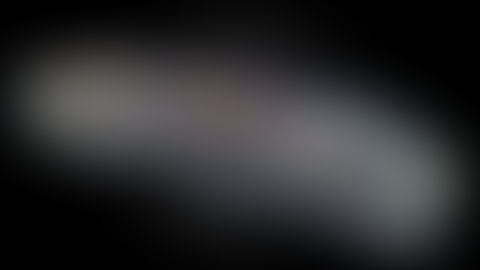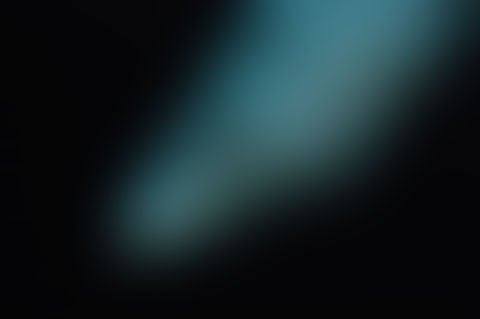
NATURAL WORLD FACTS PRESENTS
THE DEEP SEA HUB

The Deep Sea Hub
Welcome to the Deep Sea. Start up your submarine and decide on a destination.

































ABOUT
THE DEEP SEA IS A TRULY FASCINATING REALM. IT IS AN EXPANSE OF MYSTERY, BEAUTY AND WONDER, WHICH HAS CAPTIVATED US SO MUCH THAT WE DECIDED TO CREATE A HUB FOR ALL THINGS DEEP-SEA-RELATED.
EXPLORE THE UNIQUE LIFE THAT THRIVES HERE BY READING OUR FACT FILES, WATCHING OUR SHORT FILMS, OR BROWSING THE LATEST NEWS ARTICLES RELATING TO THE DEEP OCEAN. ENJOY!













































































































Black smoker vents, Puy des Folles Seamount
Shot by Schmidt Ocean Institute's ROV SuBastian during the Lost City Vents mission.
Deep Sea Rays & Skates
These cartilaginous fish are relatives of sharks, and they fulfil similar ecological niches, but in the sea floor ecosystem rather than the open ocean.
Echinoderms of the Deep
Starfish, sea cucumbers and urchins make up the echinoderms. Creatures that play key roles in supporting the ecology of the marine world.
Cetaceans of the Open Ocean
Whales and dolphins make up this diverse group of marine mammals, with variations in the body design ranging from beautiful to bizarre.
Cnidarians of the Deep
The phylum Cnidaria contains around 13,000 living species. Surprisingly simple, yet beautiful organisms, which come in a vast array of shapes and colours.
Cephalopods of the Deep
Out of all 8,000 living species of marine invertebrates in the oceans, by far the largest, most deadly and most intelligent are the cephalopods.
Crustaceans of the Deep
Of all the animal groups on Earth, the crustaceans are by far the most successful. They are so diverse that they are often called the insects of the oceans.
Sharks of the Deep
Sharks are highly-specialised predators, demonstrating an array of adaptations in order to survive the various habitats of the deep ocean.
Polychaete Worms
In the deep sea, there is one group of organisms that has become specialised in unexpected ways in order to survive. The bristly polychaete worms.
Sixgill Sharks
There is a giant that haunts the deep sea. Down in the bathypelagic zone, this predator lurks, circling the sunken corpse of a whale.
The Vampire Squid
With its deep red colour, icy blue eyes, and webbed tentacles that resemble a cape, the vampire squid is a unique deep sea cephalopod.

Series: The Deep Sea Explained
The 'Deep Sea Explained' is an anthology of films about the broader topics concerning this mysterious and otherworldly ecosystem. The videos cover information relating to deep sea ecosystems, adaptations, exploration and the environment. Accompanying articles can be found by selecting 'read' below.

















WHALE-FALL ECOSYSTEMS
OVERVIEW














